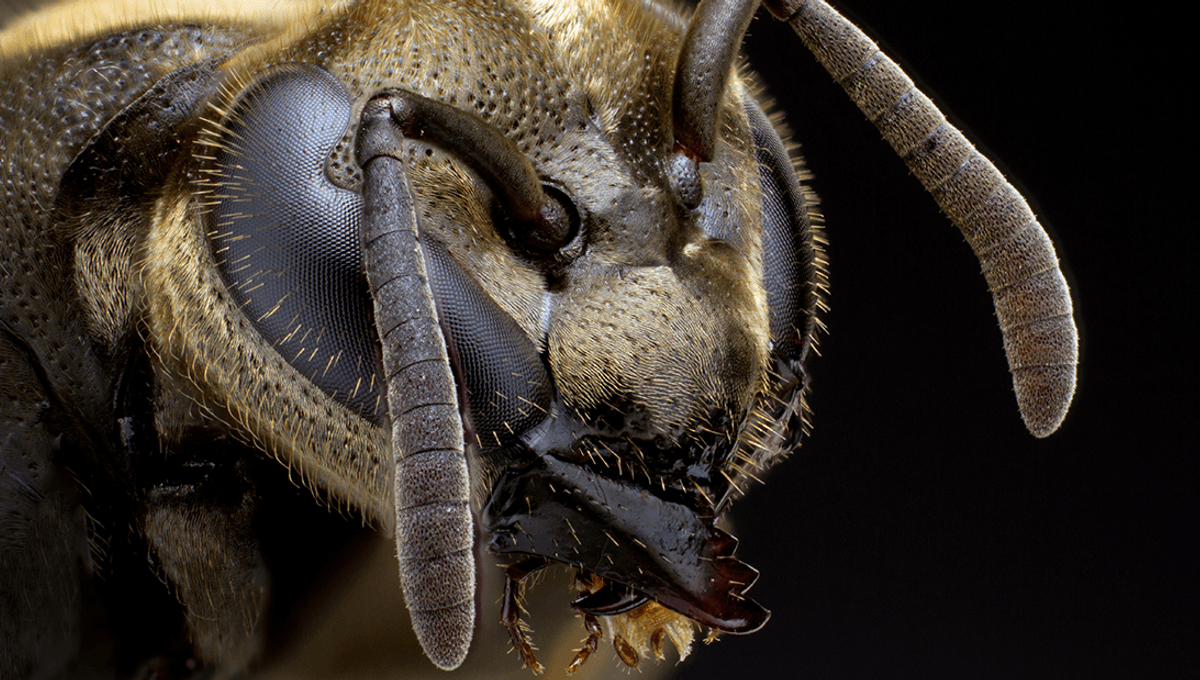
Wasps, let’s face facts here, are not everybody’s favorite insect. Despite playing important roles in pollination and regulating plant pests, they still lose out heavily in the PR war to their old rivals the bee.
In fact, one attitude survey in 2018 found that wasps were “universally disliked by the public”, which is unfair on an insect that also regulates other insects known to carry human diseases. The negative attitude towards wasps, which pollinate crops as they search for nectar just like bees do although not to the same extent, likely comes from encounters with yellowjacket wasps. These are the classic yellow and black-striped social wasps, which can become aggressive and sting people, particularly as their food supply becomes scarce.
Though these are the wasps humans are most likely to encounter, they make up less than 1 percent of stinging wasps. There are approximately 100,000 species of wasps in the world, most of them not ruining your picnic.
One species of wasp will actually enhance your picnic, given that it produces honey.
Despite bees getting all the glory, honey production does not stop at bees. Honeypot ants have their own particularly strange way of storing this “honey”, inside the abdomens of their comrades. Though some wasps will produce a small amount of honey in their nest, Mexican honey wasps (Brachygastra mellifica) are one of the only wasps that make honey on a large scale like bees, producing it in huge honeycombs by regurgitating nectar into their nest.
The wasps, smaller than a honey bee and black in color, get pollen stuck to their hairy bodies, and pollinate crops as they go. These wasps were likely among the first pollinators of avocados in Central America, before the arrival of the honeybee.
What is surprising about the wasp, is that they bear little relation to bees.
“They’re really interesting because they’re really distant relatives of the honey bee,” Dr Elli Leadbeater from the Institute of Zoology and Zoological Society of London explained in a YouTube video, “and so genetically they’re very different but they do exactly the same behavior. We want to know if it’s the same genes that control the behavior in both species.”
The wasps make less honey than bees, but it is just as edible to humans. Its flavor is described as like maple syrup. Samples of the honey have found it contained sunflower, mesquite, and honeydew.
Source Link: The Mexican Honey Wasp Can Produce Honey Just As Good As Any Bee